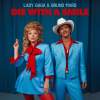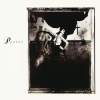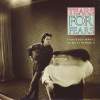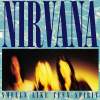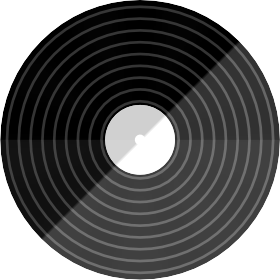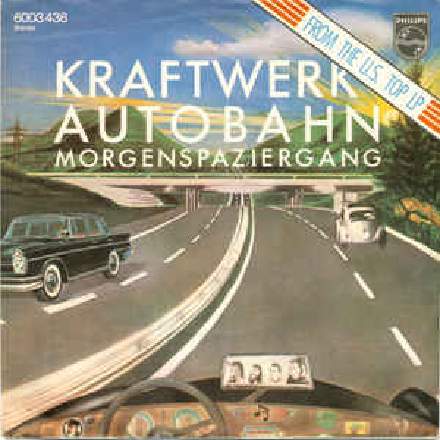
Despite exposure to a legion of synth afficionados during my work for Sound On Sound magazine over the years, I’ve never really taken the time to get into Kraftwerk at all. Following founder member Florian Schneider’s passing a few months ago, however, I figured it was high time I remedied my ignorance of this pioneering German electro-music group. And where better to start than their biggest hit, the radio edit of the 22-minute-long title track of their album Autobahn?
Perhaps the most immediately striking feature of the music is the way the band use their synths to mimic real-world sounds associated with motorway driving. “We used to listen to the sound of driving,” commented band-member Wolfgang Flür, “the wind, passing cars and lorries, the rain, every moment the sounds around you are changing, and the idea was to rebuild those sounds on the synth.” To modern ears some of these attempts come across as a little bit lame – the car horn at 0:10, for instance, which doesn’t fare well in the realism stakes when directly juxtaposed with the intro’s real recording of a motor vehicle starting up and driving off. There are moments, though (such as the doppler-effect lorry horns around 4:17), where this sound-collage is genuinely evocative, an impressive achievement given that this is well before the invention of the easily editable MIDI data most of us take for granted today.
Much is made of the band’s single-minded dedication when it came to sound-design and programming, and there’s certainly a good deal of evidence of that on display. Probably my favourite section in this respect is around 3:26, where the proto-motorik beat arrives and we’re treated to a whole section where white noise has been modulated in a variety of creative ways – envelope retriggering, filtering, phasing, panning, and goodness knows what else. It’s a great example of how much expressive potential can be drawn from the most modest of sonic raw materials. A shame, then, that that bit only appears in the 2019 radio edit (which seems to be the current ‘official’ version on iTunes and Spotify, and which I listened to for this critique), not on either of the original 1975 edits (the 3:28-length version that reached number 25 in the US Billboard singles chart or the 3:05-length version that hit number 11 in the UK).
Given the care clearly lavished on the electronics, it therefore puzzles me slightly that so little attention appears to have been given to the vocals, with their wayward tuning, sloppy timing, overbright consonants, and starkly dry presentation. They just feel hokey and low-budget compared with the fastidiously lush and sonorous synth textures. That said, given that ‘Autobahn’ was apparently the band’s first release with vocals on it at all, and was also their biggest hit, there’s a strong argument that this cognitive dissonance constituted a powerful hook in itself. That said, another thing that’s interesting about these vocals is that they give the lie to film critic Richard Corliss’s normally pretty reliable observation that “nothing ages so quickly as yesterday’s vision of the future,” because I think the ‘futuristic’ electronic textures here have actually aged a whole lot better than the ’traditional’ acoustic vocal recordings! The same goes for the flute layering at 1:57, which drags me into the era of The Carpenters much more strongly than any of the synths do.
By the by, that car noise in the intro doesn’t half remind me of the car recording in the middle of Mungo Jerry’s 'In The Summertime'), which also pans left to right. And it makes me wonder whether there might be some kind of Six Degrees Of Kevin Bacon-style game you could play with sound-effects like this. OK, so let’s go from the car in ‘Autobahn’ to the car in ‘In The Summertime’; then from Mungo Jerry’s farting sounds to the fart sound in Todd Rundgren’s ‘Onomatopoeia’; then from Todd Rundgren’s bottle ‘ping’ to the bottle percussion in Michael Jackson’s ‘Don’t Stop Til You Get Enough’; then from the party noise Foley in ‘Don’t Stop Til You Get Enough’ to the party noise Foley in Outkast’s ‘Bowtie’…
Now how do I get from there to the cash register in Pink Floyd’s ‘Money’?
